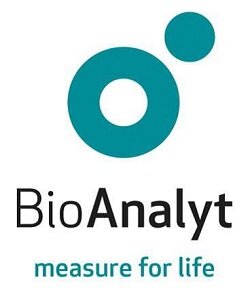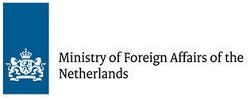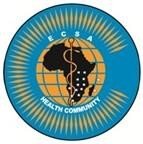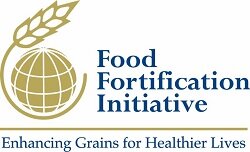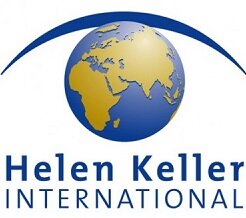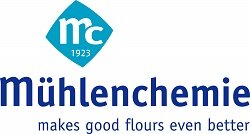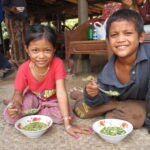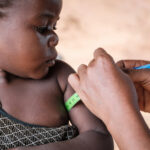When
15 May 2017 – 18 May 2017
Where
Location: Taj Pamodzi Hotel, Lusaka, Zambia
Region: Africa
Agenda
This workshop was designed to ensure that maize and wheat flour fortification programs are implemented correctly to achieve an effective public health impact. The expected impact is a systematic reduction in vitamin and mineral deficiencies, notably of iron and folic acid.
The overall objective was train to those responsible for key components in the national maize and wheat flour fortification programs. Participants were identified by the national stakeholders in countries in Central, Eastern and Southern Africa (government food control officials, regulatory inspectors, milling industry personnel, academia).
A brief summary and links to all presentations are below. See the full agenda here, more photos here, and the full meeting report here.
Contact Information
Anna Verster
Ronald Afidra
Summary
The training workshop was jointly organized by the Ministry of Health of Zambia and Smarter Futures, a partnership that includes the Ministry of Foreign Affairs of the Netherlands, AkzoNobel, the Food Fortification Initiative, Helen Keller International (HKI) and the International Federation for Spina Bifida and Hydrocephalus (IF). Since 2009, Smarter Futures has offered technical training in quality assurance and quality control of fortification programs for millers, food control regulatory personnel, and public health laboratory personnel from countries in Africa. Such regional training workshops have been held in Senegal (Dakar, 2009), Tanzania (Dar Es Salaam, 2011), Morocco (Casablanca, 2014), Zimbabwe (Harare, 2015) and Uganda (Kampala, 2016).
This workshop was designed to increase the capacity and commitment of maize and wheat flour millers to implement adequate quality control and quality assurance systems. This will enable them to consistently produce a safe and quality product that meets national standards and specifications. The workshop also aimed to increase the capacity and commitment of regulatory authorities to monitor fortified food production in an effective, efficient and sustainable way. For most countries, this is expected to include a greater emphasis on monitoring the quality and safety of premix/fortificant.
The workshop promoted production/fortification and internal quality assurance systems and the fortified food at production level as opposed to market and retail level surveys. The workshop also fostered dialogue between maize and wheat flour millers, government authorities and universities leaders. This led to an improved understanding of requirements, roles and responsibilities of the national stakeholders.
It is expected that those trained in the workshop will provide training on the components of national flour fortification programmes for other personnel and employees in their respective countries and stakeholder organizations.
The meeting followed the schematic from the World Health Organization (WHO) and Food and Agriculture Organization of the United Nations (FAO) for regulatory monitoring as published in the WHO and FAO Guidelines on Food Fortification with Micronutrients, 2006. The workshop was separated into sessions covering (i) food fortification legislation, regulations and standards, (ii) internal monitoring, and (iii) external and commercial monitoring. International experts and national experts from participating countries made presentations One day was set aside for practical exposure and training on fortification and quality control of both maize and wheat flour at African Milling Limited and the Zambian Food and drugs control laboratory (FDCL).
On the last day of the training, group-working sessions were organized. First participants joined a group according to their background or profession: (1) production and distribution, (2) national food control systems and (3) standards and technical regulations. The task of each ‘profession group’ was to overview the current status, drawbacks, strengths, weaknesses, improvements and challenges on flour fortification specifically in their field.
In the second part, participants formed eight ‘country groups’ representing Botswana, Lesotho, Malawi, Namibia, Nigeria, Swaziland, Zambia and Zimbabwe. Every country group had to summarize the findings from the profession groups specifically for their own country situation and then create a review and plan for fortification. Each group was given the action plans developed by their colleagues during the 2015 QAQC training workshop held in Harare, Zimbabwe. Each country team reviewed and updated those action plans and made a presentation on planned activities to be accomplished in the coming year to make food fortification a reality. This was based on the status of the country in the implementation of food fortification and those priority activities that require urgent measures. The presentations focused on three elements of food fortification: (i) Food Control Systems, (ii) Standards and Technical Regulations, and (iii) Production and Distribution. The reports were meant to answer the following questions: Where are we now? Where do we want to go? How are we going to get there?
The country working group reports are below:
Participants
Participants included 65 flour millers and government food-control and nutrition staff from eight countries. In addition, 22 representatives from partner organisations and industry also participated.
See the complete participant list here.

